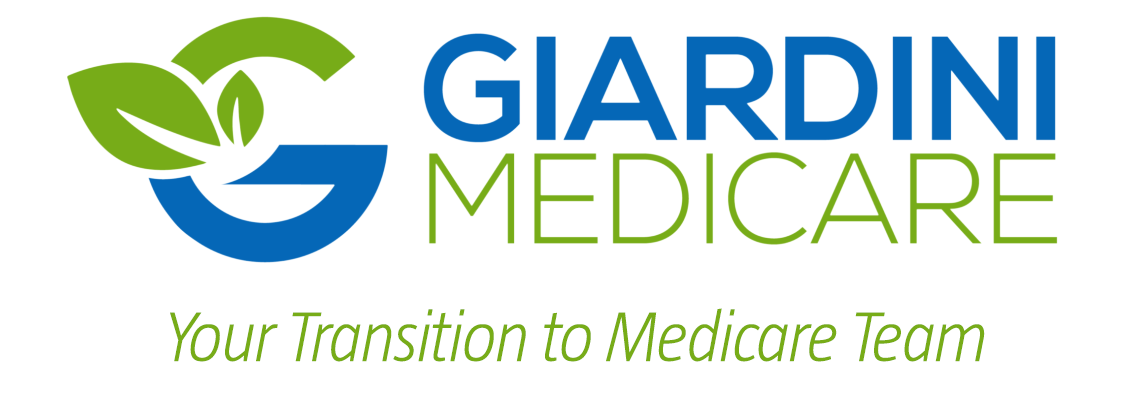Medicare beneficiaries have a variety of options when it comes to selecting healthcare coverage. One of the choices they face is whether to enroll in a Medicare Advantage plan or a Medicare supplement plan, also known as a Medigap plan. In this article, we will explore the differences between these plans and help you decide which one is right for you.
What are Medicare supplements?
Medicare supplements, also known as Medigap plans, are sold by private insurance companies and are designed to fill the gaps left by Original Medicare. These plans will cover most of the 20% cost sharing that is not covered by Original Medicare, filling the gaps, hence the name Medigap. Policyholders can see any provider that accepts Original Medicare, and prior authorization is rarely required. While these plans have higher monthly premiums than Medicare Advantage plans, they typically have lower out-of-pocket medical costs.
However, Medicare supplements do not usually provide extra benefits such as routine dental, vision, and hearing coverage. Prescription coverage with Medigap plans is also separate, so you would need to purchase a separate Part D plan with a separate added monthly premium. Additionally, Medigap premiums will continue to rise over time.
What are the downsides of Medigap plans?
Medicare supplement plans are not perfect and are not for everyone. For example, they only cover services that are covered by Original Medicare, which does not include routine physicals and extra benefits such as routine dental, vision, and hearing coverage. Medigap plans also have higher monthly premiums than Medicare Advantage plans, and premiums will continue to rise while you are in the plan over time. Prescription coverage with Medigap plans is also separate, so you would need to purchase a separate Part D plan with a separate added monthly premium. Part D coverage is typically not as good as prescription coverage provided by Medicare Advantage plans due to slightly higher deductibles and potentially higher copays.
What are the benefits of Medigap plans?
Although Medigap plans have downsides, there are also benefits to consider. Medigap plans are standardized by their plan letters, and while they must have the same basic benefits, some Medigap insurance companies choose to include extra coverage in their plans, such as a gym membership or a nursing hotline. If you are concerned about having a Medigap plan that does not cover routine dental, vision, and hearing services, you can purchase a separate dental, vision, and hearing plan.
How do Medicare Advantage plans compare?
Medicare Advantage plans, also known as Medicare Part C, are offered by private insurance companies approved by Medicare. These plans provide all the benefits of Original Medicare, including hospital and medical coverage, and may also offer additional benefits such as routine dental, vision, and hearing coverage, prescription drug coverage, and even fitness memberships.
However, Medicare Advantage plans have network restrictions, meaning you may need to choose providers within the plan’s network or pay higher out-of-pocket costs to see providers outside the network. Additionally, Medicare Advantage plans may have higher out-of-pocket costs than Medigap plans. And, finally, Medicare Advantage plans may require prior authorization should you need certain medications or services.
Which plan is right for you?
Deciding between a Medicare supplement plan and a Medicare Advantage plan can be difficult. It depends on your healthcare needs and budget. If you prefer to have more comprehensive medical coverage and are willing to pay higher premiums, a Medigap plan may be right for you. If you are looking for additional benefits such as routine dental, vision, and hearing coverage, prescription drug coverage, and fitness memberships, a Medicare Advantage plan may be the better choice.
It’s important as you become eligible for Medicare that you review and understand your options. There are rules (in most states) that might preclude you from changing plans down the road if you don’t understand the rules as you begin Medicare. We always suggest using the help of a licensed Medicare broker so that you understand things. Remember that working with a broker does not cost you anything. They/we are paid by insurance companies to provide assistance (just like your auto insurance person is).

Joanne Giardini-Russell is a Medicare Nerd & the owner of Giardini Medicare, helping people throughout Metro Detroit and the country transition to Medicare successfully. Contact Joanne at joanne@gmedicareteam.com or by calling 248-871-7756.



Leave a Reply